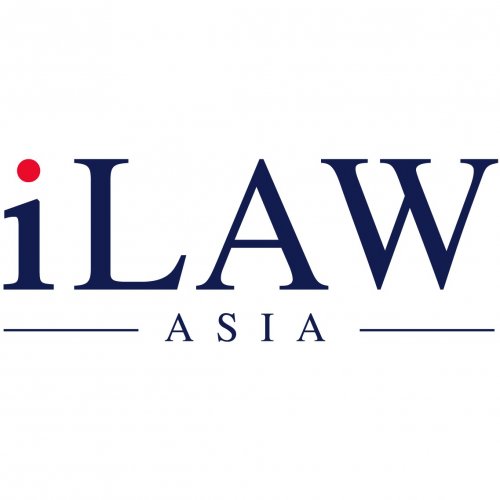Best Franchising Lawyers in Yangon
Share your needs with us, get contacted by law firms.
Free. Takes 2 min.
List of the best lawyers in Yangon, Myanmar
About Franchising Law in Yangon, Myanmar
Franchising is becoming a prevalent business model in Yangon, due to the potential for economic growth and the increase in consumer demand. Despite Myanmar lacking concrete franchising legislation, general contractual and commercial laws regulate franchising agreements. Franchisors and franchisees should familiarize themselves with the Myanmar Contract Act and Sale of Goods Act as these acts form the basis of most franchise agreements.
Why You May Need a Lawyer
Engaging a lawyer is crucial when navigating through the complex nature of franchising in Yangon. From drafting and reviewing franchise agreements, ensuring compliance with local laws to resolving franchise-related disputes, a lawyer can provide invaluable guidance and support. A lawyer can also provide insights into Myanmar's legal landscape, which is essential, especially for foreign investors who plan to franchise their business in Yangon.
Local Laws Overview
Franchising in Yangon primarily falls under the purview of contractual and commercial laws. The Myanmar Contract Act stipulates the obligations and rights of parties entering into a contract, including franchisors and franchisees. The Sale of Goods Act, which governs the sale of goods between parties, also applies to franchising. Additionally, Intellectual Property Law protects a Franchisor's unique symbols, logos, and trademarks. Lastly, any dispute arising in relation to franchising would be subject to the Myanmar Dispute Resolution Law.
Frequently Asked Questions
Can foreigners franchise their business in Yangon?
Yes, foreigners can franchise their business in Yangon. However, several legal requirements must be met, and foreign investors should seek local legal advice to navigate through the process.
What laws govern Franchising in Yangon?
The Myanmar Contract Act, Sale of Goods Act, Intellectual Property Law and the Myanmar Dispute Resolution Law primarily govern Franchising in Yangon.
Do I need a lawyer to set up a franchise?
While it is not mandatory, it is highly recommended to engage a lawyer for setting up a franchise. Expert legal guidance can help you avoid pitfalls and protect your interests.
Is there any special registration for franchising?
Currently, there is no specific franchise-specific registration. However, regular business registrations and permits are required to operate a franchise.
What are the typical franchise-related disputes in Yangon?
Most disputes revolve around contractual obligations, termination of the franchise agreement, use of intellectual property, and franchisor and franchisee rights and responsibilities.
Additional Resources
For further assistance, consider reaching out to local governmental bodies such as the Directorate of Investment and Company Administration (DICA) and the Myanmar Investment Commission (MIC). These bodies can provide relevant information and guidance related to business operations, including franchising in Yangon.
Next Steps
If you need legal assistance in franchising, it's best to consult a law firm or an attorney who specializes in franchising law in Yangon. It's essential to ensure your chosen lawyer has a strong background in Myanmar’s franchising regulations and a good track record in handling franchising issues. Before making any commitments, be sure to clarify any queries you might have about fees, services offered, or the lawyer's specific experience in the franchising sector.
Lawzana helps you find the best lawyers and law firms in Yangon through a curated and pre-screened list of qualified legal professionals. Our platform offers rankings and detailed profiles of attorneys and law firms, allowing you to compare based on practice areas, including Franchising, experience, and client feedback.
Each profile includes a description of the firm's areas of practice, client reviews, team members and partners, year of establishment, spoken languages, office locations, contact information, social media presence, and any published articles or resources. Most firms on our platform speak English and are experienced in both local and international legal matters.
Get a quote from top-rated law firms in Yangon, Myanmar — quickly, securely, and without unnecessary hassle.
Disclaimer:
The information provided on this page is for general informational purposes only and does not constitute legal advice. While we strive to ensure the accuracy and relevance of the content, legal information may change over time, and interpretations of the law can vary. You should always consult with a qualified legal professional for advice specific to your situation.
We disclaim all liability for actions taken or not taken based on the content of this page. If you believe any information is incorrect or outdated, please contact us, and we will review and update it where appropriate.








